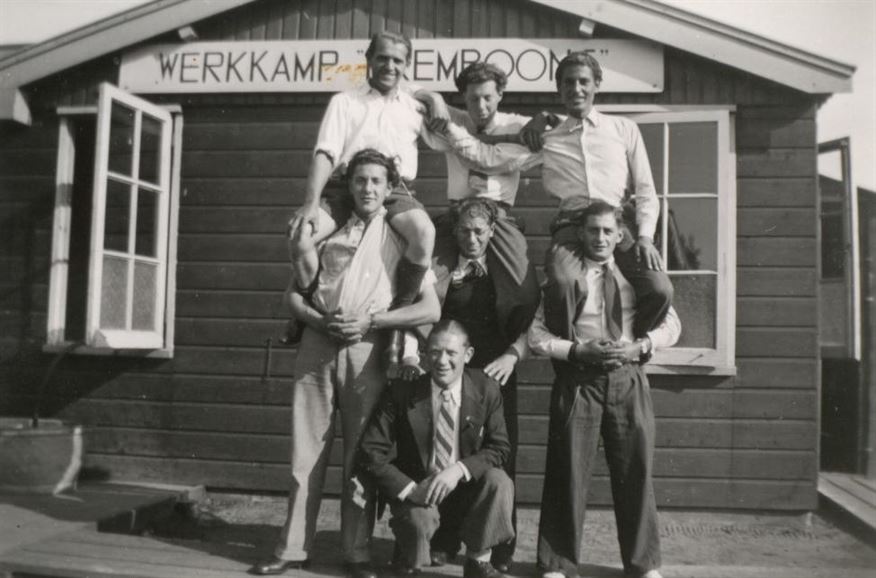UNESCO
The Westerborkfilm (1944) was included in the UNESCO Memory of the World Register, which UNESCO announced on 30 October 2017. The film shows unique images of the Westerbork transit camp during the Second World War. Both the film, which is managed by the Netherlands Institute for Sound and Vision and is on permanent display at Camp Westerbork Memorial Centre, and the script, which is managed by the NIOD Institute for War, Holocaust and Genocide Studies, have been officially recognized as a World Documentary Heritage site, with the inclusion in the register. Other well-known pieces from the Memory of the World Register are the diaries of Anne Frank, the oldest preserved Qur’an and the original film negatives of The Wizard of Oz.
The Westerborkfilm was filmed by the Jewish filmmaker and prisoner Rudolf Breslauer, commissioned by camp commander Albert Gemmeker. The assumption is that Gemmeker wanted to show a film to the Nazi regime in Germany, about the civilized, oiled system of transit camp Westerbork. Breslauer was given a great deal of freedom as a filmmaker, so his perspective on daily life in the camp is visible in the film footage.
Iconic images
"This film contains rare, iconic images, with an extremely problematic status - because they were commissioned by the Nazis; it is precisely because of this that they touch at the heart of one of the most gruesome episodes of modern history," says NIOD director Frank van Vree about the film.
Tom De Smet, acting director of Sound and Vision: "The Westerborkfilm is of great international value and that's why we are delighted with its entry in the Memory of the World Register. The images have been used countless times in documentaries and films about the Second World War. It gives a unique insight into life in a transit camp".
International recognition
We are very happy with this international recognition. It is truly unique material: it is the only known footage of thousands of camps in Europe that has not been staged and the only video material of the transports. And precisely because it is a moving image, it makes a great impression on people', says former director Dirk Mulder.
With the entry in the register, the organisations involved are jointly exploring possible restoration and new forms of education and public presentation of the Westerborkfilm.





